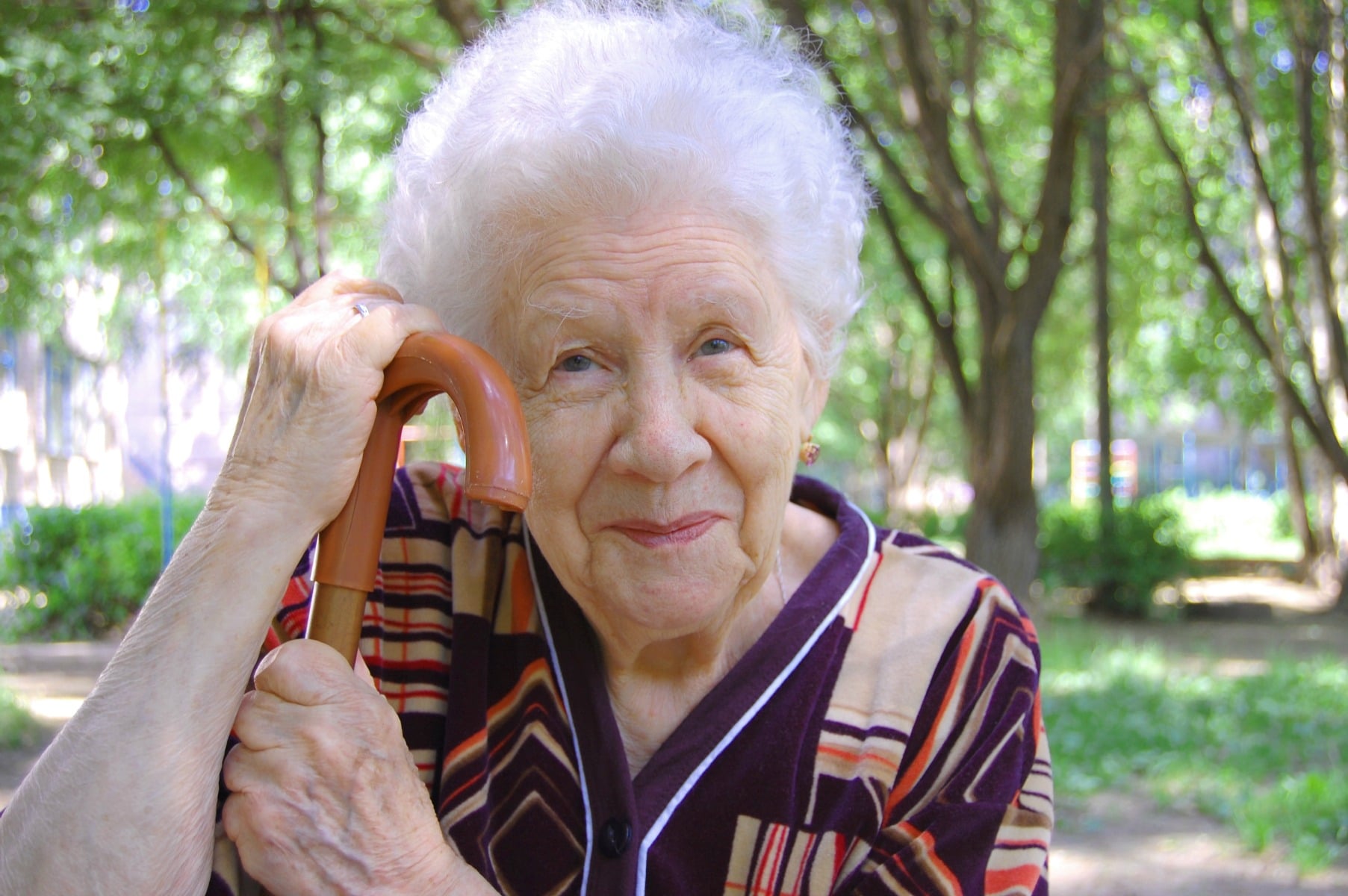Seniors with dementia can become lost, disoriented, and have difficulty communicating their thoughts, feelings, and needs. Wandering and pacing are common behaviors in dementia that can be very distressing and worrisome for family caregivers. In some circumstances pacing or wandering can be dangerous for seniors with dementia, putting them at risk of getting lost or injured. Wandering and pacing can also be exhausting for their family caregivers when they must be constantly on guard to keep their loved ones safe.

What is Wandering?
Wandering is purposeless movement. A senior with dementia can simply be walking, forget where they are or where they are going, and get lost.
Wandering can occur when:
- The person feels they need to get somewhere else or accomplish something (get home, go to work or pick up the kids, for example). Many times, these things aren’t actually rooted in reality, but the senior with dementia believes that they are.
- The senior is in an unfamiliar location or doesn’t recognize a familiar location.
- The senior is distracted by something they see or hear.
- The senior needs more physical exercise or meaningful activity.
What is Pacing?
Pacing is walking or moving repeatedly, often back and forth. In some cases, seniors with dementia can pace past the point of exhaustion, putting them at risk for falls, injuries or other ill effects.
Pacing is often the result of:
- Pain
- Discomfort
- Constipation
- Hunger or thirst
- Need for the bathroom
- Feeling lost or anxious
- Understimulation or boredom
- Need for more physical activity
What Can Family Caregivers do to Reduce Risks of Wandering or Pacing?
It is important to ensure the senior gets enough physical exercise and has meaningful, satisfying activities to fulfill their emotional and mental needs. Their physical needs for food, drink, and sleep must be met, and pain and medical conditions need to be managed properly. These things can be challenging because sometimes seniors with dementia may not recognize their needs, and may say that they aren’t hungry, or aren’t in pain, when in fact they are. Family caregivers should pay attention to the senior’s non-verbal communications, in addition to listening to what they say. It’s also important to involve the senior’s doctor to ensure medical conditions are properly managed.
GPS tracking devices and medical alert bracelets are helpful to have in place in case the person does get lost.
How Home Care can Help
Home care aides can help a lot for seniors with dementia who tend to wander or pace. Taking them for walks or drives, getting out of the house, and helping them to engage in activities that they find personally meaningful and satisfying can reduce pacing and wandering a lot.
If the senior with dementia tends to wander or pace at the same time each day, such as in the evening, it can help to have home care aides come in around that time. This can help the family caregiver provide closer supervision, or free them up to cook dinner or take care of their own needs while the home care aide engages with the senior with dementia in physical exercise or meaningful activity.
If you or an aging loved-one are considering hiring Home Care in Gold Canyon, AZ, or anywhere in the East Valley, please contact the caring staff at Legacy Home Care.
Call (480) 777-0070
Sources
https://www.mayoclinic.org/
https://www.verywellhealth.com/
Legacy Home Care has been serving the valley since 2007. We are family owned and operated with over 75 caregivers. We offer a customized care plan that includes services such as: Hourly Senior Home Care, 24-Hour Home Care, Dementia Care, Personal Care and Companion Care. Also ask us about our Veterans' Home Care program.
- How to Cope with a Family Member Living with Dementia? - April 8, 2025
- Health Dangers of Stress for Seniors - March 20, 2025
- Why Companion Care Is Great For Seniors Living At Home - March 7, 2025



